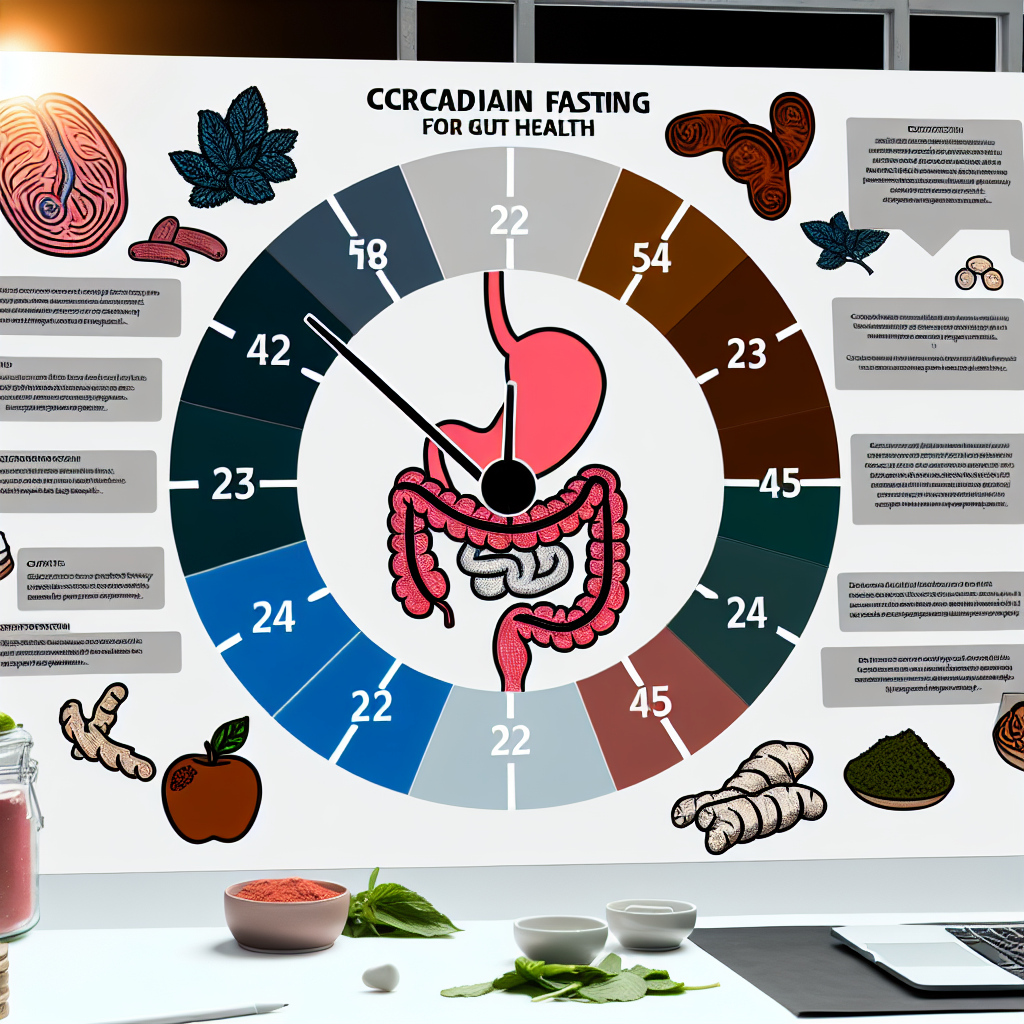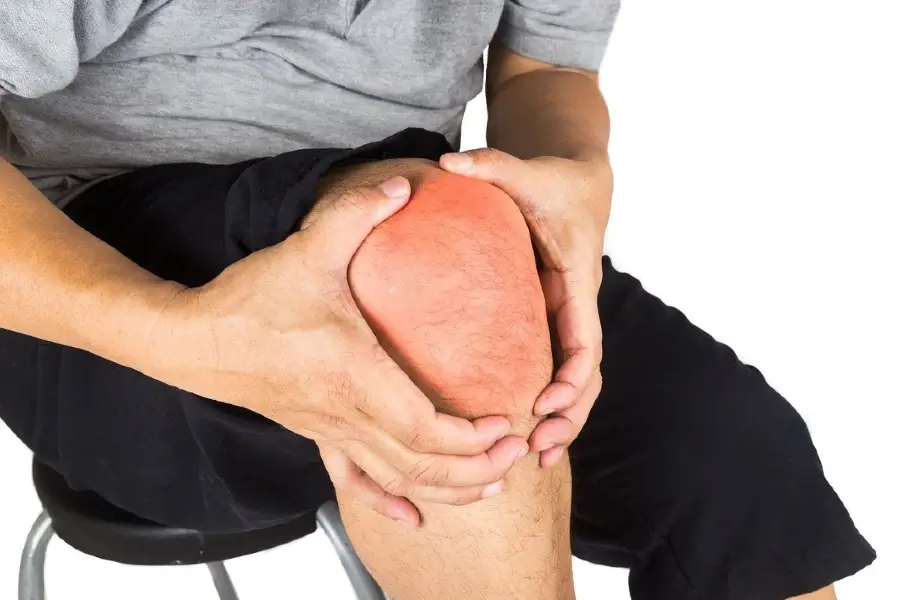Fecal microbiota transplantation (FMT), commonly called a stool transplant, is a medical technique in which beneficial gut bacteria from a donor are transferred to a recipient. The purpose of this transplant is to reinstate a harmonious gut microbiome in the recipient, which has the potential to address diverse health issues.
Here is a detailed analysis of FMT:
Mechanism of Operation:
- A healthcare expert procures feces from a meticulously evaluated and examined healthy donor.
- The stool sample undergoes processing to eliminate undesirable components and enhance the concentration of beneficial microorganisms.
- The processed material is subsequently introduced into the recipient’s intestines via different techniques, including colonoscopy, enema, or a nasogastric tube.
- The donor bacteria, which are in good health, establish themselves in the recipient’s gut, potentially enhancing the general composition of the gut microbiome and addressing specific medical issues.
Conditions that FMT may be used to treat:
Recurrent Clostridioides difficile (C. Diff) Infection: This is the primary use of Fecal Microbiota Transplantation (FMT), which has demonstrated a high efficacy in treating persistent C. diff infections unresponsive to antibiotic treatment.
Additional Potential Benefits: Ongoing research suggests that FMT has potential in treating various illnesses, such as inflammatory bowel disease (IBD), irritable bowel syndrome (IBS), and some neurological disorders.
Key Factors to Take into Account:
Insufficient research: Although fecal microbiota transplantation (FMT) helps treat Clostridium difficile (C. Diff), there is still ongoing research to determine its effectiveness in other medical problems.
Potential adverse effects: FMT may encompass bloating, cramps, and transient diarrhea.
Screening and Regulation: Fecal microbiota transplantation (FMT) is a medical treatment that requires meticulous screening of potential donors and adherence to established guidelines to mitigate potential dangers.
Not a Panacea: FMT endeavors to reinstate gut health; however, it may not provide a lasting remedy for all problems.
Individuals who should contemplate Fecal Microbiota Transplantation (FMT):
Patients experiencing recurrent Clostridium difficile infections have not responded positively to antimicrobial treatment.
Individuals with alternative potential conditions, supported by research, in which FMT may be advantageous, but solely under the supervision of a healthcare expert knowledgeable about the treatment.
Seeking medical advice from a physician:
FMT, or fecal microbiota transplantation, is a medical technique that requires essential discussion with a clinician. They may evaluate your specific circumstances, ascertain the appropriateness of FMT, and provide guidance during the procedure.
Keep in mind that FMT is a promising yet continuously developing therapy. Before contemplating this surgery, seeking guidance from a healthcare specialist is vital.

Dominic E. is a passionate filmmaker navigating the exciting intersection of art and science. By day, he delves into the complexities of the human body as a full-time medical writer, meticulously translating intricate medical concepts into accessible and engaging narratives. By night, he explores the boundless realm of cinematic storytelling, crafting narratives that evoke emotion and challenge perspectives.
Film Student and Full-time Medical Writer for ContentVendor.com




